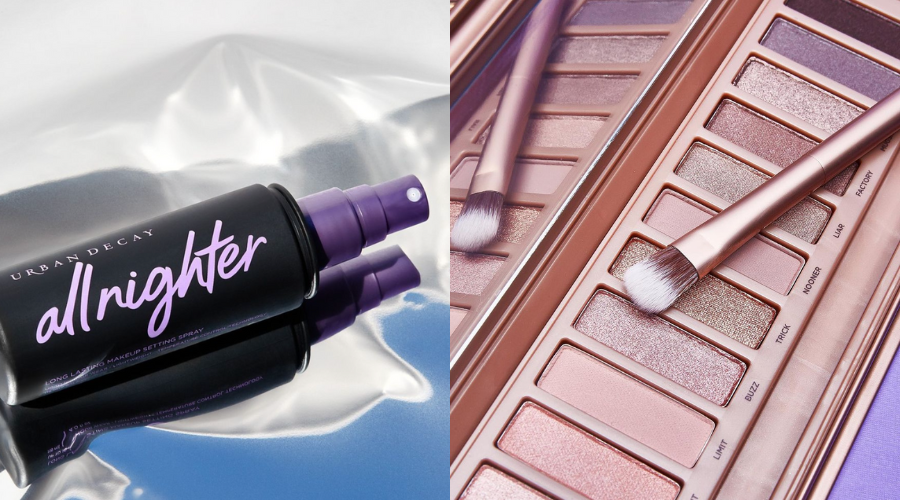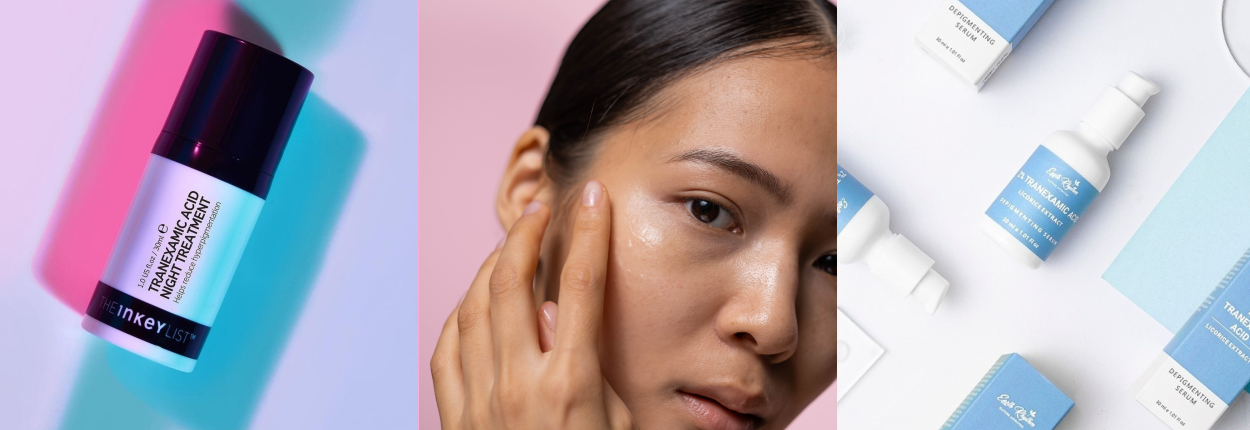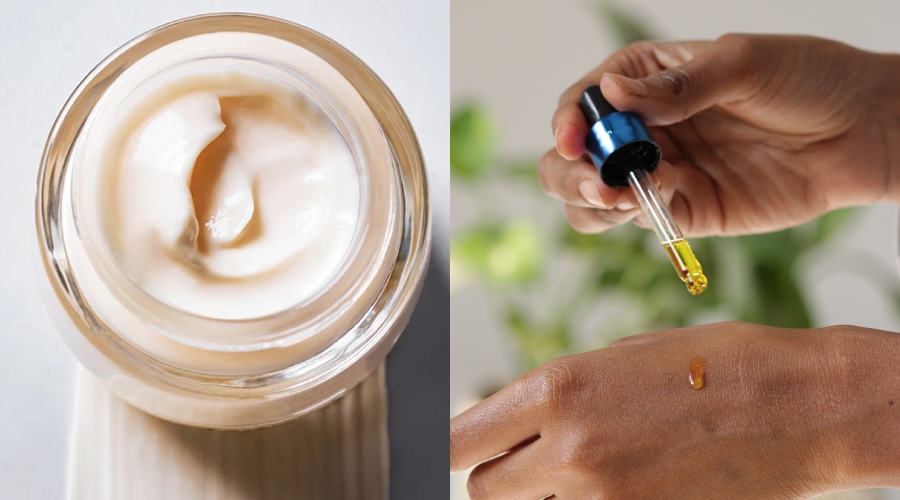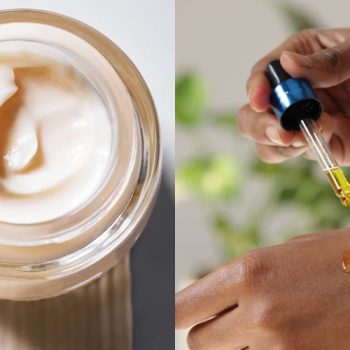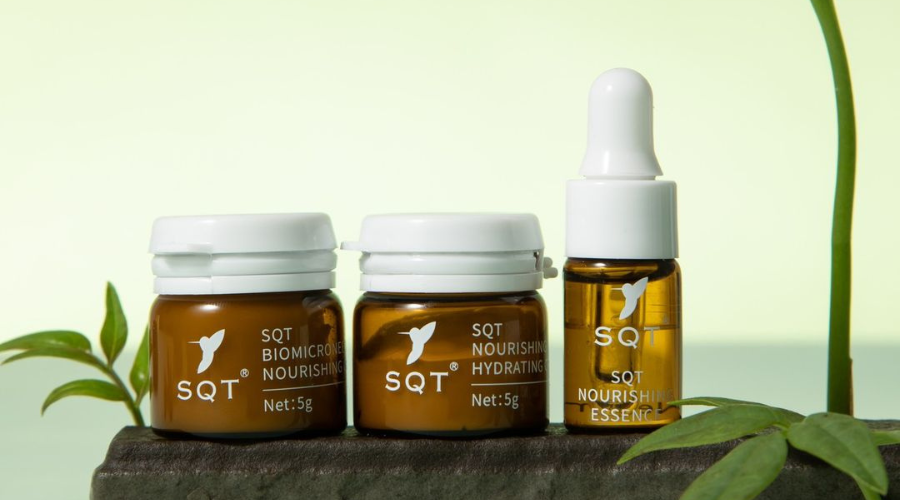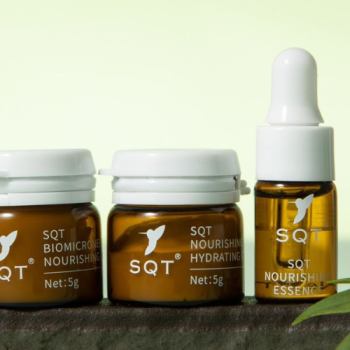When it comes to acne, acids are your best bet to counter it. They come in handy while dealing with active acne and clear out your skin after an arduous bout with inflammation. This is why you might already be familiar with anti-acne heroes like salicylic and glycolic acid. Both help dry out acne and turn over your skin cells to fight the discolouration after. However, a new acid on the block is proving to be equally, if not more, effective for post-inflammatory hyperpigmentation (PIH) – Tranexamic acid.
A mouthful to say, the ingredient is actually one of the mildest formulas you can use to combat acne scars. It is gaining popularity for being both effective and irritation-free for acne-prone skin. But how exactly does it work, and how should you be using it for best results; let’s take a look.
What is Tranexamic acid?
It is derived synthetically from the amino acid lysine and benefits your skin by minimising dark marks and stubborn spots. It is suitable for most skin types but may cause some irritation for people with overly sensitive skin. It is a key rival of hydroquinone, a bleaching agent that often leaves users to deal with serious side effects. Many tranexamic acid variants are available, so picking the right one will depend on your skin type and comfort level.
Usually, a 0.5-2.5 perfect formulation of TA proves effective in combating skin discolouration, meaning you won’t have to adjust your skincare routine to introduce a new acid. However, it is always good to consult your dermatologist before trying out something new.
How does tranexamic acid work?
The exact mechanisms of tranexamic acid aren’t precisely precise. Still, most experts believe that it is especially good at inhibiting UV-induced skin discolouration. UV exposure triggers melanin production in your skin, making your existing marks and scars darker. An ingredient like TA can help block the interaction between skin cells and melanin-inducing cells, and in turn, evening out your skin tone. It is also used to combat skin darkening caused by certain laser treatments, granted you are doing so under an expert’s guidance.
This is why the ingredient is often paired with other brightening agents like vitamin C and SPF, both excellent agents of minimising skin darkening caused by UV exposure. The timeline to see changes usually lies between 8 to 12 weeks, so it requires a little bit of patience from your end to stick with it consistently.
How to use tranexamic acid?
Acids are best applied via serums but can also be used as creams and essences. Given that tranexamic acid is relatively mild, one of the best delivery systems will be via a serum. The ingredient will give you good results on its own. Still, it can be elevated by pairing with other brightening agents like kojic acid, vitamin C, and arbutin, azelaic acid niacinamide. Many beauty influencers swear by a great combo to pair TA with retinol, as you can then target discolouration while your skin is turning over.
You can use TA in both your AM and PM routine. If you wish to use it as a serum, sandwich it with a toner and a moisturiser. But if you are going in with a TA-infused moisturiser, we suggest looking it in with an SPF during the daytime. Take 2-3 drops of your serum and press it into your skin to ensure maximum absorption.
Precautions to take with tranexamic acid.
As mentioned before, tranexamic acid is relatively safe for most skin types. It can also benefit skin that suffers from melasma and is also an excellent anti-inflammatory agent. But as is the case with any new product, it is crucial to do a patch test before fully committing to it. Make sure to also check with your dermat before starting TA because if you are already in treatment for specific issues, adding another product can end up overwhelming your skin.



